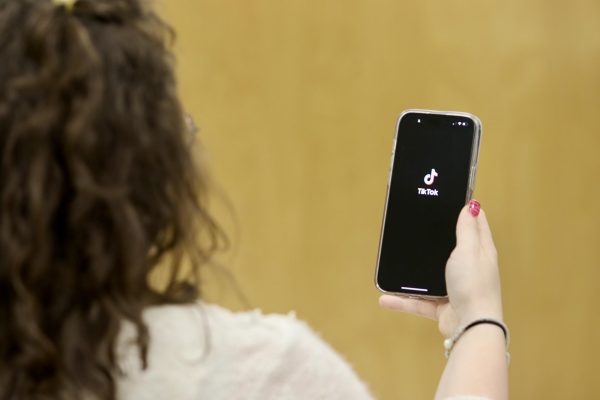Choosing between an unpaid internship and sanity
Between school, studying, work and a small amount of leisure time, working an unpaid internship is impossible.
I believe that, in some cases, offering an unpaid internship is appropriate. For example: when you are working for a non-profit – but even then, there are exceptions.
When completing an unpaid internship for a non-profit, the internship should ace the U.S. Department of Labor’s Primary Beneficiary Test, which ensures an intern is benefitting from the internship more than the employer.
The PBT’s criteria is: both the intern and employer understand that the intern won’t get paid, the work should resemble experience the intern would get at a university, the intern should get academic credit for their internship, the internship should work around the student’s classes, the internship should end when educational instruction ends, the internship should add to other employees’ work instead of overshining it and the intern and employer should agree that the internship doesn’t guarantee the intern a paid job.
If the unpaid internship at the non-profit doesn’t meet the requirements, then it is basically illegal. That could mean trouble for the non-profit.
In addition to possible trouble with the law, unpaid internships are not beneficial to the business, intern and other students for many other reasons.
So many students across the nation have humongous student loans to pay off, apartments to pay for, dogs to feed – the list goes on. Generally speaking, college students need money. Most of us can’t afford to work for free.
According to the National Center for Education Statistics, in 2018, 3 percent of undergraduate students were employed less than 10 hours a week. Five percent worked 10-19 hours, 24 percent worked 20-34 and 47 percent worked 35 or more hours weekly.
Also, most universities require that students enroll in at least 12 hours per semester. To be successful, the general rule of thumb is two hours of studying or outside classwork per one hour of class. So, those students enrolled full time would spend 36 hours on class work a week. When you’re taking on college, plus a job that demands more than 20 hours of work from you per week, how is it responsible or wise to take on an unpaid internship?
It’s not.
We are overworked, underpaid and don’t have the time or resources for an unpaid internship.
Another reason unpaid internships are not beneficial to most students is that when economically advantaged students are the only ones who can afford to work an unpaid internship, they get ahead of the other 76 percent of us, which isn’t fair. They also likely have more mental stability and free time. Not cool.
According to Bestcolleges.com, employers actually benefit from paying their interns. Paying interns attracts more students from competing businesses. With a larger pool of candidates, the company has more options to hire more qualified interns.
Not to mention, getting paid for an internship makes people want to perform better and act more responsibly. If I had an internship and were to be paid, I would be motivated to do better work because it’s just human nature to do better work when being compensated.
Paid internships benefit both parties. Businesses receive better work and avoid being confronted by the police, and college students receive more money and mental stability.
Employers, do yourselves and the world a favor and pay your interns.
Your donation will support The Lion's Roar student journalists at Southeastern Louisiana University.
In addition, your contribution will allow us to cover our annual website hosting costs.
No gift is too small.

Elana Guillory is an art major and lives in Ponchatoula. She worked as a reporter for The Lion's Roar from the fall of 2019 until April 2021, and now she...







